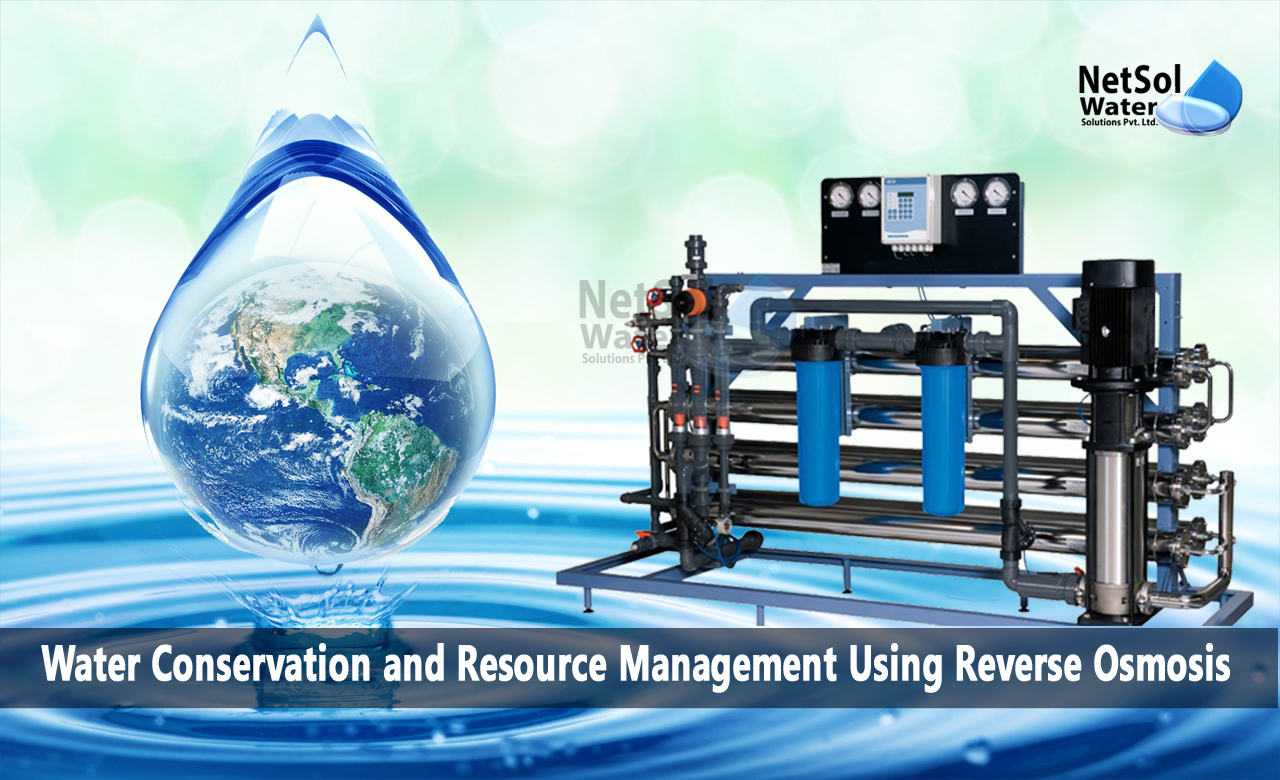Water Conservation and Resource Management Using Reverse Osmosis
Reverse osmosis (RO) has become an essential technology for water purification in various industries, including desalination, wastewater treatment, and pharmaceutical manufacturing. However, as concerns about water scarcity and environmental impact rise, it becomes crucial to adopt sustainable approaches in reverse osmosis. This blog explores the significance of sustainable practices in reverse osmosis, focusing on water conservation and resource management.
1. Water Conservation:
Water scarcity is a global challenge, and it is essential to minimize water wastage in reverse osmosis processes. Here are some sustainable approaches to conserve water:
a) Optimized System Design: Proper system design, including appropriate sizing and efficient operation, can significantly reduce water waste. By accurately assessing the water demand and designing the system accordingly, unnecessary water usage can be minimized.
b) Recycling and Reuse: Implementing water recycling and reuse systems can drastically reduce freshwater consumption. Treated wastewater from reverse osmosis processes can be repurposed for non-potable applications such as irrigation or industrial cooling, reducing the strain on freshwater sources.
c) Brine Management: Brine, the concentrated reject stream generated during the reverse osmosis process, poses a challenge for water conservation. Sustainable approaches include exploring brine minimization techniques, such as brine concentration technologies or alternative disposal methods like brine reclamation for resource recovery.
2. Energy Efficiency:
Energy consumption is another important aspect of sustainability in reverse osmosis. By reducing energy requirements, we can minimize the environmental footprint associated with water purification. Here are some ways to improve energy efficiency:
a) Advanced Membrane Technology: Continual research and development in membrane technology have led to the emergence of more efficient membranes with higher permeability, reducing the energy needed for water treatment.
b) Energy Recovery Devices: Incorporating energy recovery devices, such as pressure exchangers or turbine-based systems, can help recover and reuse energy from the brine stream, significantly reducing the overall energy consumption of the reverse osmosis process.
c) Process Optimization: Fine-tuning operational parameters, such as feed flow rates, recovery rates, and system pressures, can optimize the performance of reverse osmosis systems, reducing energy requirements without compromising water quality.
3. Resource Management:
Efficient resource management practices contribute to the sustainability of reverse osmosis processes. Consider the following approaches:
a) Chemical Usage Reduction: Minimizing the use of chemicals for cleaning and maintaining reverse osmosis membranes can reduce chemical waste and minimize the environmental impact associated with their disposal.
b) Life Cycle Assessment: Conducting a life cycle assessment of reverse osmosis systems can help identify areas where improvements can be made. Evaluating the environmental impact of the system from raw material extraction to disposal provides valuable insights for optimizing resource usage.
c) Continuous Monitoring and Maintenance: Regular monitoring of system performance, including membrane fouling and scaling, allows for timely interventions and maintenance, ensuring the longevity and efficiency of reverse osmosis systems.
Conclusion:
Sustainable approaches in reverse osmosis are crucial for conserving water resources and minimizing the environmental impact of water purification processes. By implementing water conservation measures, optimizing energy efficiency, and adopting responsible resource management practices, we can enhance the sustainability of reverse osmosis systems. Embracing these sustainable approaches not only helps address global water scarcity concerns but also promotes a greener and more environmentally conscious future.
Netsol Water is Greater Noida-based leading water & wastewater treatment plant manufacturer. We are industry's most demanding company based on client review and work quality. We are known as best commercial RO plant manufacturers, industrial RO plant manufacturer, sewage treatment plant manufacturer, Water Softener Plant Manufacturers and effluent treatment plant manufacturers. Apart from this 24x7 customer support is our USP. Call on +91-9650608473, or write us at enquiry@netsolwater.com for any support, inquiry or product-purchase related query.



